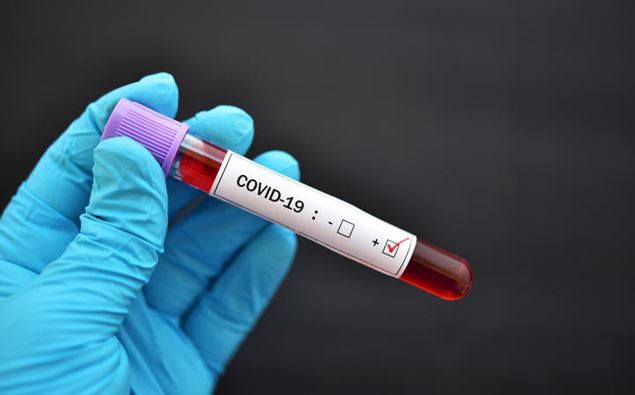Holding New Zealand's testing rate at 5,500 per day could catch imported cases of coronavirus before its spreads too far, newly-published modelling shows.
The Otago University scientists behind the research, featured in today's New Zealand Medical Journal, also say smarter approaches like targeting border workers, or screening city wastewater, could allow for lower testing levels.
In the study, the scientists modelled one scenario where a single, undetected infection made it through our borders and into an environment where the virus' reproduction number was as high as two - meaning one case could lead to an average two others.
To detect the outbreak rapidly, the researchers said an "ongoing programme" involving some 5,580 tests per day - equivalent to 1,120 per million people - would be needed.
Their modelling estimated that the hypothetical outbreak - and nearly all others they explored - would be extremely likely to be detected within 36 hours if testing was that high.
By that point, their scenario estimated there'd be a median five cases in the community.
They said the vast majority of this testing would be of symptomatic cases in primary care settings, and the rest in hospitals.
That optimal level of 5,580 daily tests was higher than the average 4,200 carried out each day in early May - and slightly above the current, rolling seven-day average of 5,034.
On Wednesday, laboratories completed 7,403 tests, bringing the total number completed to date to 1,083,230.
The researchers also suggested other tweaks to the testing regime.
They included prioritising community testing for people with relevant symptoms in cities that were most exposed to border failures - such as Auckland, Hamilton, Rotorua, Wellington and Christchurch.
"And also, you could think that the people who live with workers at the border, they should also have a heightened awareness of the need to be tested, if they develop any symptoms at all," study co-author Professor Nick Wilson said.
"So if you're living with someone who works at our quarantine facility, there should be targeted messaging towards those groups - and they should have a very low threshold for getting testing."
Wilson also argued New Zealand was proving slow to begin regularly testing samples at wastewater stations.
"Sydney used that to identify a community outbreak before there was any testing results," he said.
"So we should be speeding up the process of wastewater testing in all of our cities, as another early-warning type of platform."
A Ministry of Health spokesperson said regular reviews of the Covid-19 surveillance and testing strategy were carried out, and the new paper would be considered.
"While the number of tests is important, it is also about ensuring that the highest risk people are being tested," they said.
"We regularly test those who have been identified as higher risk who work at the border, including those who work at ports and at managed isolation and quarantine facilities."
The spokesperson noted ESR had been awarded a Government grant of $1.6m to look at how it could deliver cost-effective, community-level monitoring of Covid-19 - including wastewater sampling.
By: Jamie Morton
Take your Radio, Podcasts and Music with you










